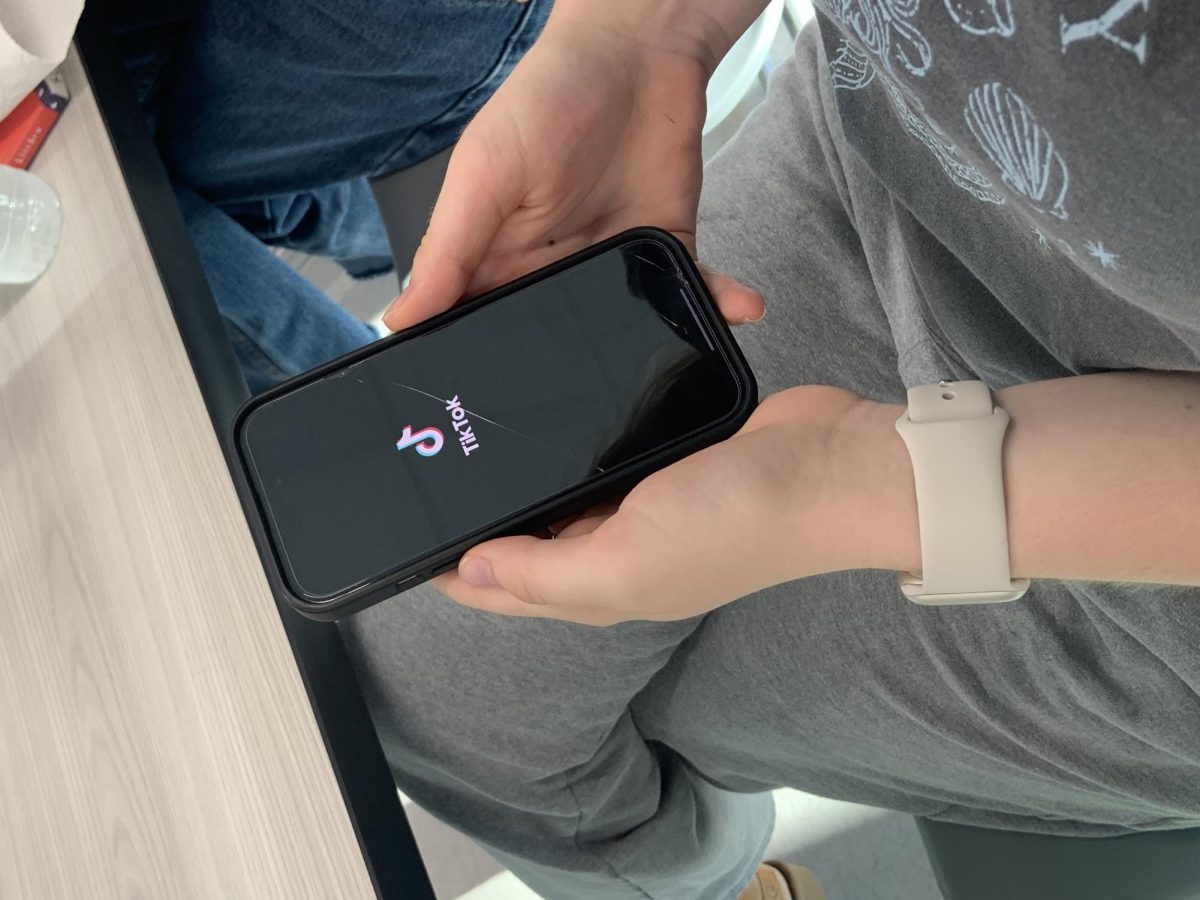The Chinese social media app TikTok has been a source of tension in American politics for almost 3 years now. Because of its Chinese ownership and the Chinese government access to American data, Congress has been pushing a bill to officially ban TikTok for some time. In April of 2024, President Biden signed the PAFACA act that would seal TikTok’s fate… maybe. While it is very likely that TikTok will be banned Jan 19, there are some loopholes that could be used to save it. In the case this doesn’t happen, here’s what to expect.
The PAFACA Act, or Protecting Americans from Foreign Adversary Controlled Applications Act, grants the government authority to ban foreign-owned apps that it deems a threat to national security” according to NPR News. With the Chinese government having almost free access to any and all data stored in the TikTok servers owned by ByteDance, the government has deemed this a security issue because of the potential damages that could come from tracking said data.
US-government issued devices have been banned for having TikTok on them for 2 years already, but over 9 countries including Uzbekistan, India, and Jordan have banned TikTok for reasons ranging from personal data law violations to failing to censor posts that encouraged violence and disorder, according to Context News.
While it is understandable why TikTok is getting banned, it does also bring up serious conversations about free speech. While the PAFACA only applies to foreign-owned apps, many are asking if it will be extended to domestic apps and questioning when does a mobile application become a national security risk. Protests have been happening, whether that be digital or in-person, mainly over the right to use and participate on any app because of free speech. However, TikTok’s supporters may be getting a little ahead of themselves.
According to NPR, the main part of the ban makes it so that you can no longer download the app from Apple or Google stores or update it; if you already have the app, you can still access it. The catch is that because the Apple or Google stores don’t support it, you can’t update it and service will be incredibly slow, it will crash often and bug a lot. You can still download videos and view ones you have saved, so even if it is glitchy, you can still access videos. The new Trump administration is also debating slowing or delayed the implementation of the ban, but with both the House and Senate majorities supporting the ban, it may be hard to do.
The TikTok story isn’t over with this ban. This controversy has brought important questions about data, internet rights, and free speech vs. national security into the public eye in a way that we have never seen. While you may be concerned about not keeping up with your favorite TikToker anymore, the issues surrounding this ban are very more interesting and consequential.


